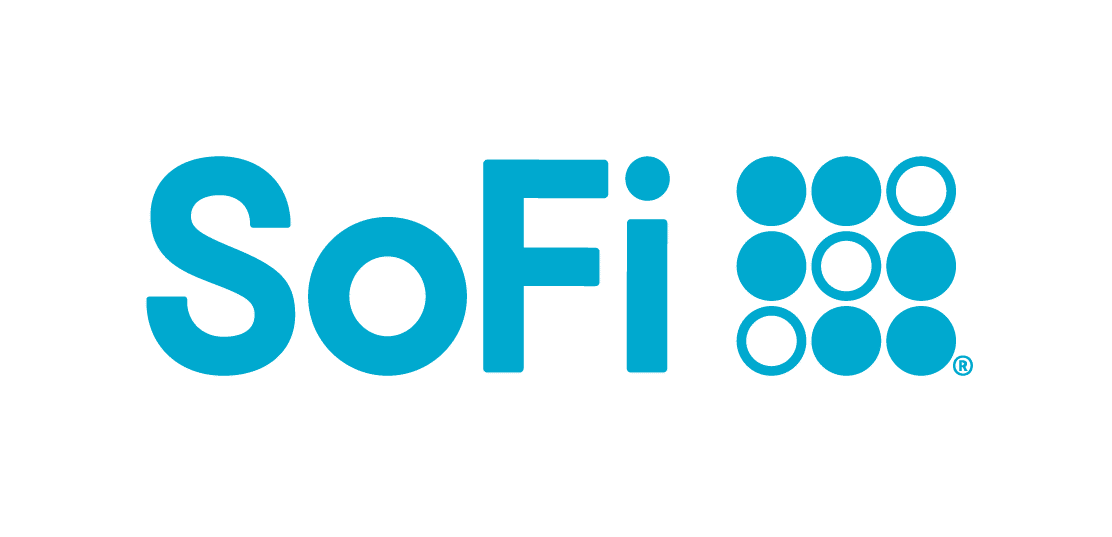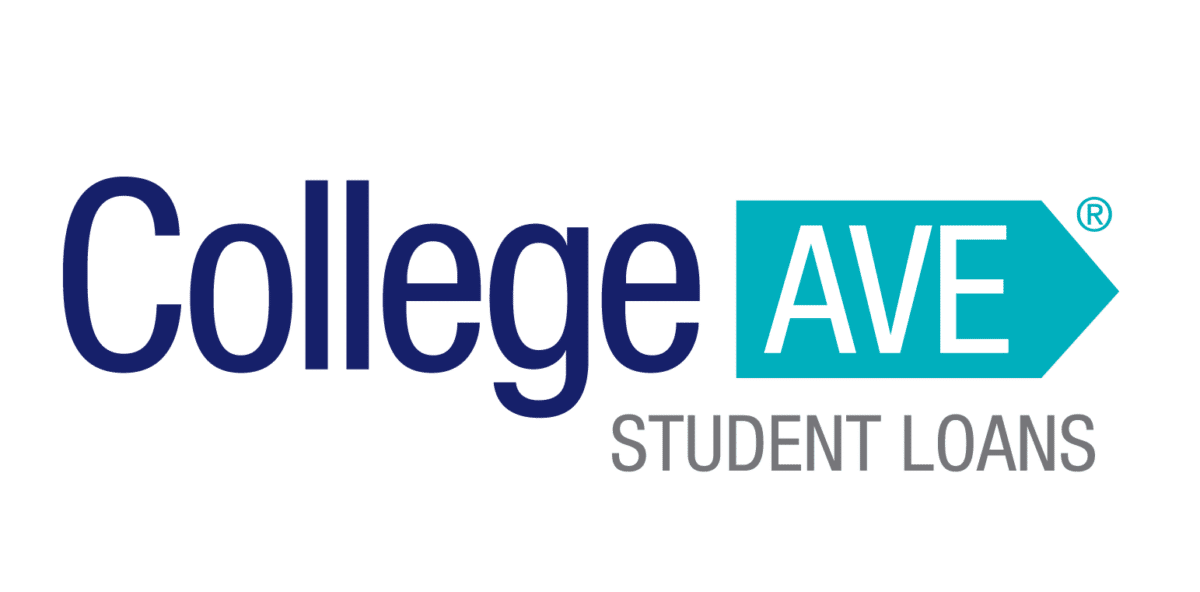
If you have student loans, you may want to pay off your loans early. Doing so gets you out from under your debt sooner and may save you money in interest.
But can you prepay student loans? The answer is yes.
Student loan borrowers who want to pay off their loans early are in luck. There is no student loan prepayment penalty. Neither federal loans or private student loans are subject to prepayment penalties.
But although there may not be a penalty fee, that doesn’t mean that prepaying student loans is always the best idea. Let’s take a closer look at what prepayment penalties are and what factors to consider if you want to pay off your student loans early.
What is a prepayment penalty?
Prepayment penalties are fees for paying off a portion or all of a loan early. Lenders are interested in getting back their money, but when someone pays off their loan early, lenders lose out on interest charges.
Prepayment penalties are often tied to mortgages. These fees are put in place to either discourage prepayment or to make up for lost interest charges when someone does pay early.
Student loan prepayment penalties
Prepayment penalties may apply to other types of loans, but student loans are exempt. There is no student loan prepayment penalty on either federal student loans or private loans.
Why not? The Higher Education Opportunity Act of 1965 states that “the borrower has the right to prepay all or part of the loan, at any time, without penalty.”
In 2008, the Higher Education Opportunity Act amended previous legislation to allow prepayment of private student loans without penalty as well.
What about interest charges when you prepay?
When you make student loan payments, typically, funds are applied to fees first, if applicable, then interest, and finally, your loan principal.
For those on Income-Driven Repayment (IDR) plans, it’s interest first, then fees and then principal. If you prepay your loan, you will end up paying less interest over the life of your loan.

Prepaying federal student loans
If you have federal student loans, you need to be aware of potential issues with prepaying, especially if you are pursuing loan forgiveness. Your loans could be put you into paid-ahead status on your IDR payments. This process can affect which payments count as qualified payments toward loan forgiveness.
To avoid this change in status, you’ll need to communicate explicitly with your loan servicer not to do this.
Servicers will often put off your next payment if you are paid ahead, giving you less credit toward qualifying loan forgiveness payments.
For Public Service Loan Forgiveness, you need 10 years’ worth of qualifying payments. IDR loan forgiveness requires qualifying payments for 20 to 25 years. Any disruption to payments can extend the amount of time needed to qualify for loan forgiveness.
How to make sure prepayment penalties are applied correctly
Contact your student loan servicer if you’re planning to pay extra on your federal student loans. Your servicer may have a preferred method of contact, whether it be phone or email. Remember email may be best because it leaves a clear paper trail of written documentation.
In the end, you want to be sure that your payments are applied correctly to your loans.
When reaching out, you need to paint a clear picture of exactly how you want your loan payments applied. Have the customer service representative add specific notes to your account, so there’s no confusion.
Some lenders may allow you to choose how to apply your loan payment when making it through their online payment system. If this isn’t the case, ask your servicer the best method to pay ahead on your loans.
Remember, loan servicers make mistakes. It’s important to over-communicate and follow up to ensure your loan payments are correctly handled.
Get Started With Our New IDR Calculator

Prepaying private student loans
Private student loans are treated differently than federal student loans and often have different rules.
The federal government banned borrowers from having to pay prepayment penalties on private student loans. As you can see from the chart below, none of our lending partners have any prepayment penalties.
Prepaying private student loans is an excellent strategy to save money on loans. There are no issues to consider like with prepaying federal student loans, other than whether you are in a position financially to pay ahead.
It makes sense that people would want to get rid of their student loan debt quickly and move on with life. Use our prepayment calculator to see how much faster you could pay off your student loans.
In addition to paying off your student loan debt early, there are other ways you can manage your money to improve your long-term financial well-being. For example, there is a school of thought that encourages investing money rather than paying off loans early.
Should you prepay student loans?
Should you pay off your student loans early? The answer lies in where you are at financially with your goals.
Paying ahead on your loans allows you to do two things:
- Repay your loan earlier
- Pay less interest over the life of your loan
But there are other financially wise steps to take before paying ahead on student loans, like creating an emergency fund and setting up automatic contributions to a retirement account. If you have other debt, such as credit card debt, it makes more sense paying this off first. Credit cards typically have higher interest rates than student loans.
If you think you may pursue loan forgiveness, it might be wise to hold off on paying ahead on your loans. If you have big student loan debt, by not prepaying on your loans, more debt will be forgiven later.
If you have private loans, be sure to check refinancing rates. You may be able to lower your interest rate to save even more money. With no student loan prepayment penalty to worry about, it’s possible to cut thousands off of your student loan debt without extra fees.










